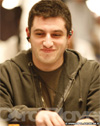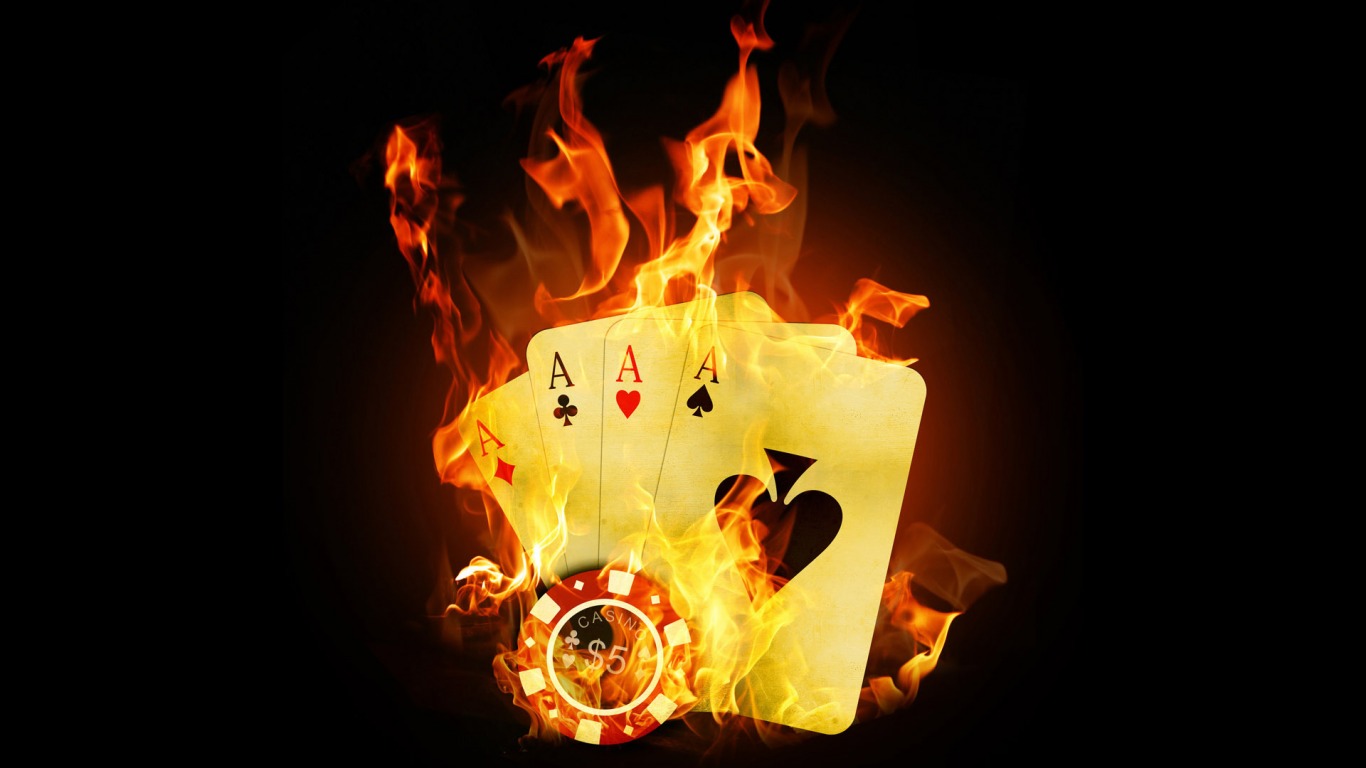
By Phil Galfond
In the last article, we discussed recognizing our weaknesses. We examined ways to recognize and improve. We have also started to make the count of the most common weaknesses among players of any level. This me - above, Let's revisit the topic where we l left by identifying d other weaknesses that you may have.
By Phil Galfond
 In the last article, we discussed the fact to recognize our weaknesses. We examined ways to recognize and improve. We have also started to make the count of the most common weaknesses among players of any level. This me - above, Let's revisit the topic where we l left by identifying d other weaknesses that you may have.
In the last article, we discussed the fact to recognize our weaknesses. We examined ways to recognize and improve. We have also started to make the count of the most common weaknesses among players of any level. This me - above, Let's revisit the topic where we l left by identifying d other weaknesses that you may have.
 In the last article, we discussed the fact to recognize our weaknesses. We examined ways to recognize and improve. We have also started to make the count of the most common weaknesses among players of any level. This me - above, Let's revisit the topic where we l left by identifying d other weaknesses that you may have.
In the last article, we discussed the fact to recognize our weaknesses. We examined ways to recognize and improve. We have also started to make the count of the most common weaknesses among players of any level. This me - above, Let's revisit the topic where we l left by identifying d other weaknesses that you may have.Keep in mind to not see weaknesses does not have no weaknesses at all. Also be aware that if you have weaknesses, but you cannot l admit, you can never improve you.
Be honest with yourself, c is the best way to become more adept.
I want to start with the most important point, that I mention to all my students of poker. J already spoke about the past month, but it is simply too important to stop d spoken now. C is the idea there is a reason that explains every gesture you ask.
The best way d learn about the game, little matter whether you are playing, watch someone play or d listen to the record d one-handed as one of your friends has played, c is you ask why you/he/she has played in this way. I have trained a few players j loved watching him play the first hours to then ask me justify their way of playing. They told me then: "I bet this flop because I believe that I have the best hand and l other player callera with a less good game. '' Or: "I check on the same river if I think I have the best hand. '' "I don't think qu it callera a bet unless, for one reason or another, he has to beat me. I m assoies and j listens, sometimes I ask more d explanations, but I never gives Council immediately. In fact, several players are aware of their own mistakes only in accomplishing the course of their thinking. Try to tell you, aloud, why you do the games you make. However, to do so for a direct game, this would be comments of this serious.
One of my students at played a hand that seems pretty trivial. He played 1/2 NL 6-handed.
It opened to $ 7 from the cut-off with A♠Q♠ and it n is just the button that is calle. The flop was A♦9♥4♠. He bet $ 12 and the button to calle. The turning point was the 5♣. He bet $ 32 and the s button is lying. I think that the hand has been played. Sometimes, I checkerais on the turn, but my usual way of playing is to bet.
Then, I asked him why he had bet on the turn and why such a sum. Response: ' J played many times against the button in a situation where I bet on the flop, it call, then it check and lies down on the turn. '' He m manhandled several times, so I wanted to let him hear that this time, j was really something. »
Are you qu he knows what you have? If you really want to let your opponent know you have something, you should turn your cards over and show him that you have the best hand. In this way, it may sleep its small pair. Is this really what you want?
There are so many players opposite that build to represent what they have, which is totally of the purpose of poker. You're supposed to fool them. J explained to my student qu with this hand in particular and against this opponent, it should probably checker. If the l button has mishandled, let it try and bluff on the turn when you have a good pair. Against most people bet again is the best thing to do, but there is not the issue. The point is that, if a hundred good players had watched the unfolding of this hand, they would have thought that my student knew what he was doing at that time. It is that when you ask him why he has played that way that you realize as there is a significant weakness in his game and that you can start working for l improve.




